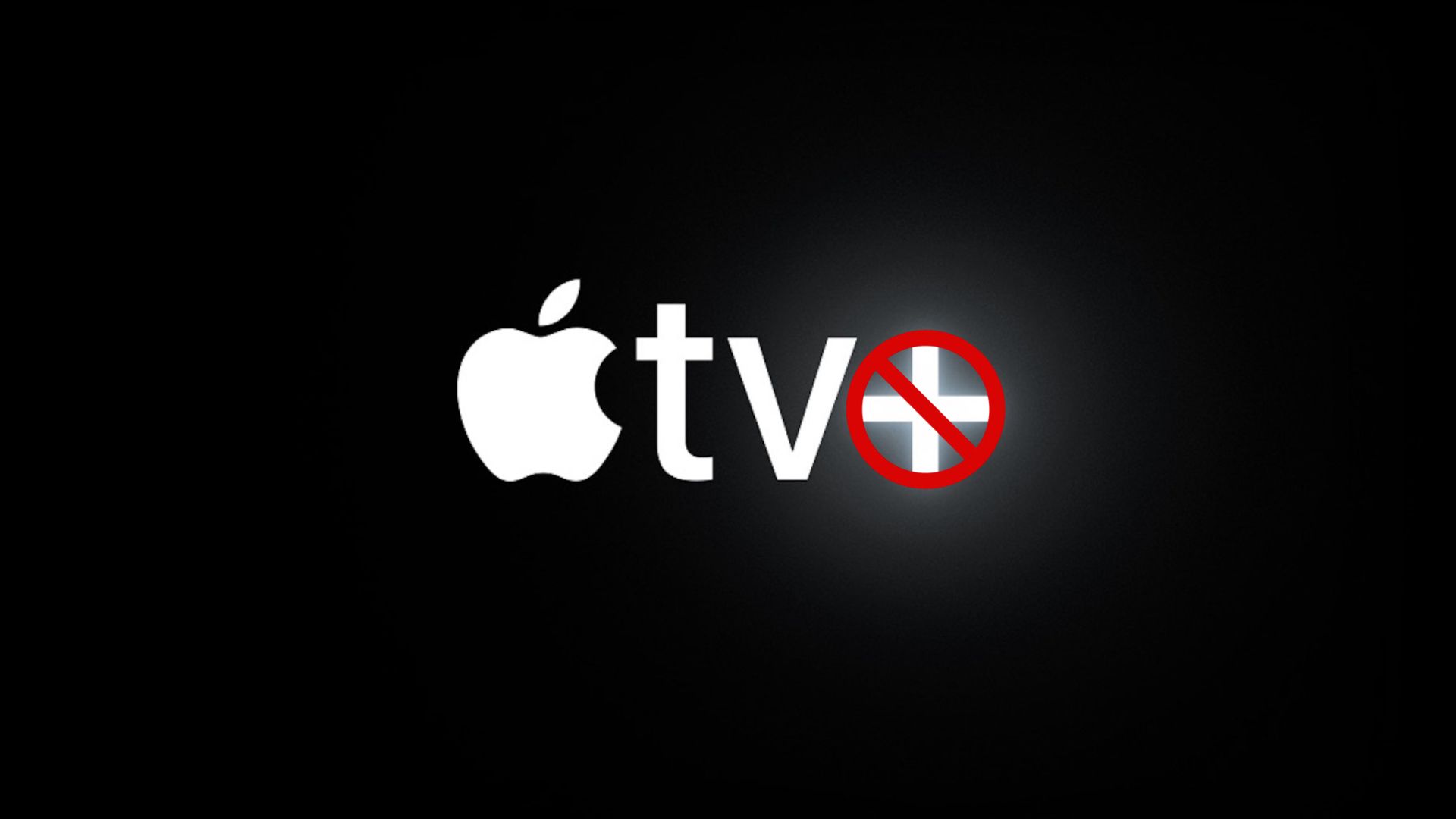
Let’s just plop everything out on the table first and get this straight: Blade Runner 2049 is really good. And this exclusive news is coming straight from me, the kind of low-culture, cult wanker that hates enjoying stuff that everyone else says is good.
Annoyingly, everyone else is saying exactly that - the film has had (almost) unanimously flawless reviews, and to a certain extent, I have to begrudgingly agree. This is top quality film-making, proudly staring directly into the face of an army of rabid fans, all of whom would marry the original Blade Runner at the first opportunity. To be fair to them, it’s an almost untouchable classic, so go for it. I may even join you at the wedding.
You see, you’ve got to tread carefully with these types of things - people love certain films like they love their goddamn dogs, and if you burst through their living room window with a new, similar, but much worse dog and demand it live in their house forever, they’re not going to be happy about it.
But give them a fresh dog with a few of the best characteristics of their old one, but with a shinier coat; a dog that is either slightly less lovable, exactly as lovable or even more lovable (rare), and they’ll welcome it with open arms. This is an extremely hard thing to do though, dog-breeders. The new dog normally ends up being irritating, mangy and involuntarily shitting all over the old one, ruining its beautiful fur.
Christ, I’ll stop with the dog shtick, but you know what I mean. What Blade Runner 2049 has done, against all odds, is create a new film, a new visual style, a new story, but encased it in what is unmistakably a Blade Runner mould. This is without a doubt a Blade Runner film, but it’s just fresh enough and packed full of its own original ideas that it can stand alone if need be, its connection to the original ever-so slightly frayed, but still firmly attached.
This is essential for a sequel that comes so long after the original - 35 years, mate - it needs to be sufficiently different to appeal to a new audience, while still pleasing the die-hards. If a sequel is released two years after the first, then fuck it - carry straight on as you were, same crew, same stars, it’s still fresh in everyone’s minds, but any time over, say, 10 years, and you’ve gotta switch things up a bit. The world moves on.
Blade Runner 2049 does exactly that: the heart of the original is present, but the body has been upgraded and altered. The film is set 30 years later, so things have changed as much as they have in the real world (for better or worse in both cases). There’s new technology, new replicants, new laws - things are distinct both visually and audibly - this Los Angeles is a busier, dirtier, dustier version of the 1982’s original. It’s a marvel of production design and cinematography and it’s entirely its own creature.
Get exclusive shortlists, celebrity interviews and the best deals on the products you care about, straight to your inbox.
It carries the same sombre, don’t-you-dare-smile mood of the original, and hidden inside is a rather simple story (I mean, it’s really not as clever or complex as everyone is making out) that, thankfully, is very easy to follow. This is a good thing - Jared Leto’s character comes perilously close to being 2017’s equivalent of the tiresome The Architect from The Matrix Reloaded, but stops mercifully short of an actual geyser of hyperbole (it’s more like a puddle). As such, the story remains engaging, and regardless of the long running time, it whips along relatively consistently, much like the original.
The bods behind the film have also decided to focus on a new character, rather than just bungee-cord poor Harrison Ford back and force him to run around for the whole movie (although he does do a bit of running, and swimming, and punching, so don’t worry). Ryan Gosling as K is the perfect central protagonist: a blade runner, like Deckard, but with a wholly different quest on his hands than Ford had back in 1982 (or 2019).
This is no doubt in a large part down to the decision to hand over the reigns to a new director and creative team. Ridley Scott serves as executive producer here, and the original script writers, Hampton Fancher and David Peoples, return, but it’s a largely different crew elsewhere. Directing duties left in Scott’s hands may have pushed the film in an entirely different direction.
Scott has tried this method before, by chucking over the first Alien sequel to James Cameron, and it worked. Of course, that idea didn’t necessarily go down too well with some of the other installments, but there’s definitely something to be said for jumping off the tinkering train and just leaving things alone. For example, Alien: Covenant was Ridley snatching back the horse and doing it his way, a long while after he first boshed it, and well, he may have fallen off at a couple of hurdles - it wasn’t exactly mind-blowing. A fresh set of (admittedly guided) eyes may have done wonders. *ahem* Neill Blomkamp *cough*.
This argument is way more apparent in the Star Wars universe - George Lucas coming sprinting back to the series with a swag bag of CGI and puking a rainbow over the legacy ended up being a colossal misstep. The decision to give the latest sequels and spin-offs to the new cinema wunderkinds was inspired - the fans are back on board, basically. In Blade Runner’s case, signing the deeds over to a trendy, venerated auteur like Denis Villeneuve was a smart move.
Keep Ridley on in an executive capacity so that he can make sure things don’t go off the rails (Ridley had nothing to do with Aliens Vs Predator, for example), but give Villeneuve the space to do his tried and tested thang - a match of the old and the new behind the scenes, in front of them, and up on that lovely IMAX screen. A big, sci-fi broth with only a few select cooks, and you end up with a happy medium full of all the correct spices.
If we look back over the last couple of years, the majority of genuinely good sequels to movies that came out over ten years before, have followed this pattern. The likes of Blair Witch, Star Wars: The Force Awakens, Jurassic World and Creed (nine years) all went to new(-ish) and exciting directors, whereas the more disappointing ones stayed with their original creators: Independence Day: Resurgence, Zoolander 2, Dumb and Dumber To etc.
There are of course exceptions to the rule, obviously - T2 Trainspotting for example, so I’m by no means saying that this is a hard and fast rule - of course it’s not. I think there’s just something to be said in doing a bit of research and giving up your baby to a reliable parent, if there’s a chance that you might not be able to look after it on your own. Which there often is, if we’re being honest here.
It’s either that or just fucking be George Miller and keep making amazing Mad Max films forever. Don’t know how he’s doing that, really.
(Images: Rex)
-
 Apple TV+ is now just Apple TV — and things are about to get Severance levels of confusing...
Apple TV+ is now just Apple TV — and things are about to get Severance levels of confusing...There's the Apple TV app, the Apple TV service, and the Apple TV streaming box. Yikes...
-
 Inside McLaren's secret bespoke division: Where billionaires go to build their dream supercars
Inside McLaren's secret bespoke division: Where billionaires go to build their dream supercarsDiamond-cut wheels? 24-karat gold foil engine? Elvish inscriptions on the steering wheel? Done.
